Sleeping with your bedroom door closed or open might seem like a minor choice, but it can affect your safety, sleep quality, and overall comfort. The decision has more impact than most people realize. Here is a breakdown of the benefits and drawbacks of both habits so you can make the smartest decision based on your needs and home setup.
Fire Safety and Emergency Protection

One of the most important reasons to sleep with your bedroom door closed is fire safety. Research shows that half of all home fire deaths happen while people are asleep. Fires today spread faster because of synthetic materials in furniture and flooring. A closed door acts as a barrier, slowing the spread of flames, smoke, and toxic gases. It can keep room temperatures hundreds of degrees lower and give you valuable extra minutes to wake up and escape. Experts recommend making it a habit to close your bedroom door before sleeping to improve survival odds in the event of a fire.
Temperature Control and Energy Efficiency
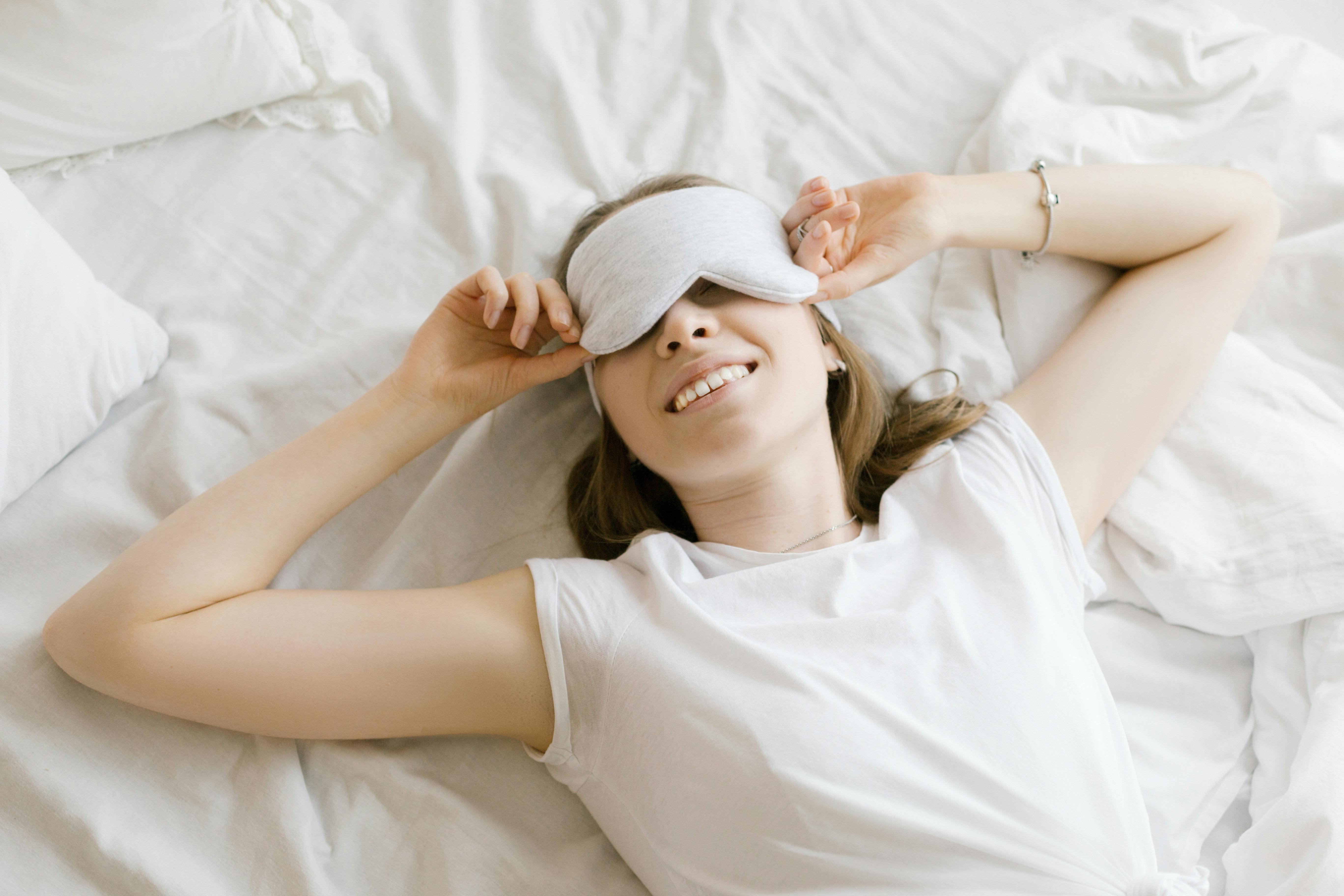
Keeping your door closed at night helps maintain a stable temperature inside your room. During the summer, it traps cool air from your air conditioning system. In the winter, it holds in warmth and prevents cold air from circulating into your sleeping space. This not only improves comfort but also reduces energy waste. When less air moves in and out, your heating and cooling system doesn’t have to work as hard, which could lower your electricity bill.
Noise Reduction and Privacy
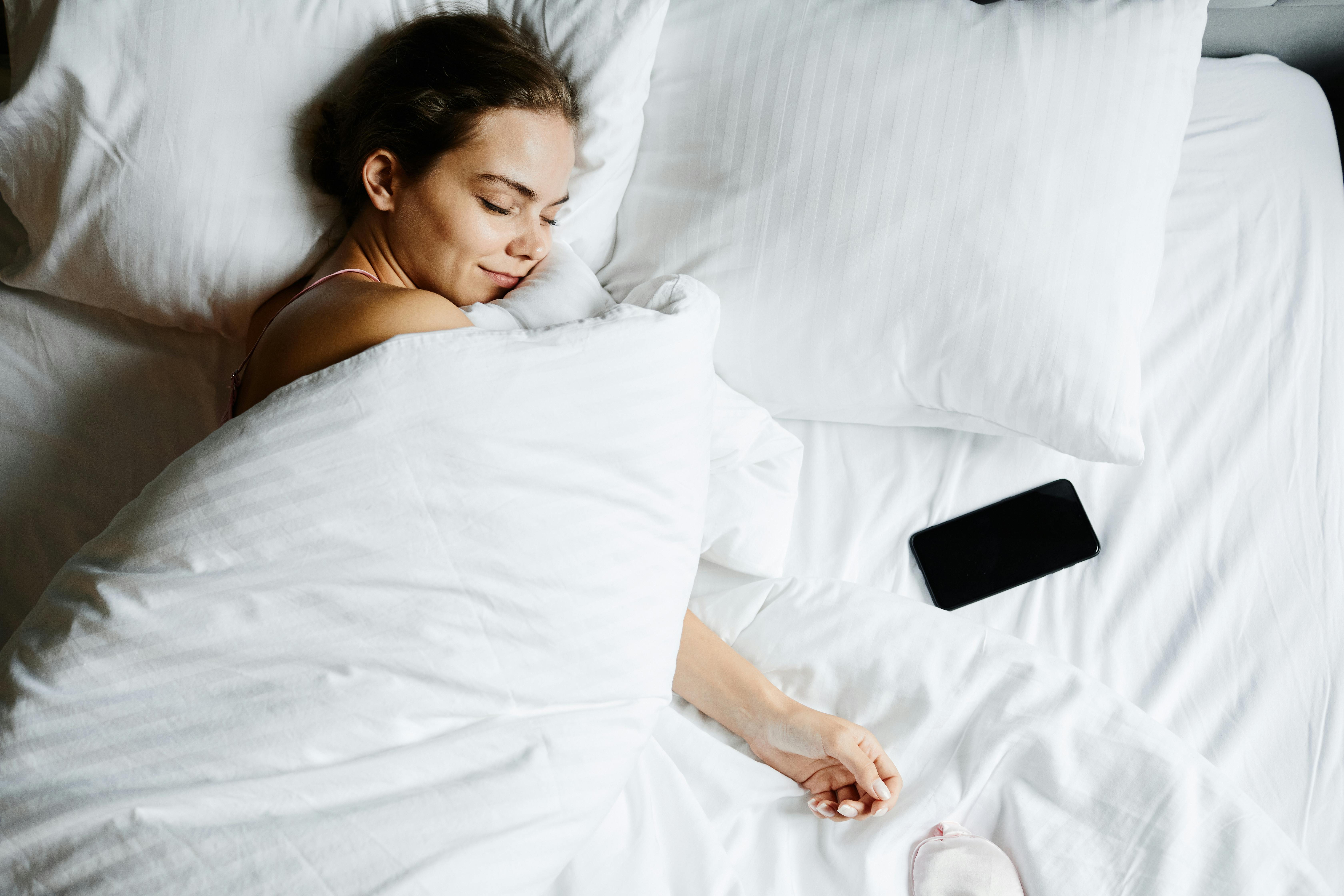
One reason to close your door at night is because it blocks out unwanted sounds from the rest of your house. Whether it’s a television playing in another room, footsteps in the hallway, or traffic noise from outside, a solid door helps mute the distractions. This quiet environment allows you to fall asleep faster and stay asleep longer. It also gives you more privacy, which can be especially important in a shared home or apartment. If you’re a light sleeper or value peace and quiet, keeping the door closed is often the better option.
Security and Peace of Mind

Sleeping with your bedroom door shut can provide a greater sense of safety, making it a great reason to close your door at night. In the unlikely event of a break-in or unexpected intrusion, a closed door adds an extra barrier. This may not stop someone determined, but it can slow them down and give you time to react. It also limits visibility into your room, which helps preserve your sense of privacy and control over your space. For some people, just knowing the door is closed helps them relax and sleep better.
Improved Airflow and Ventilation
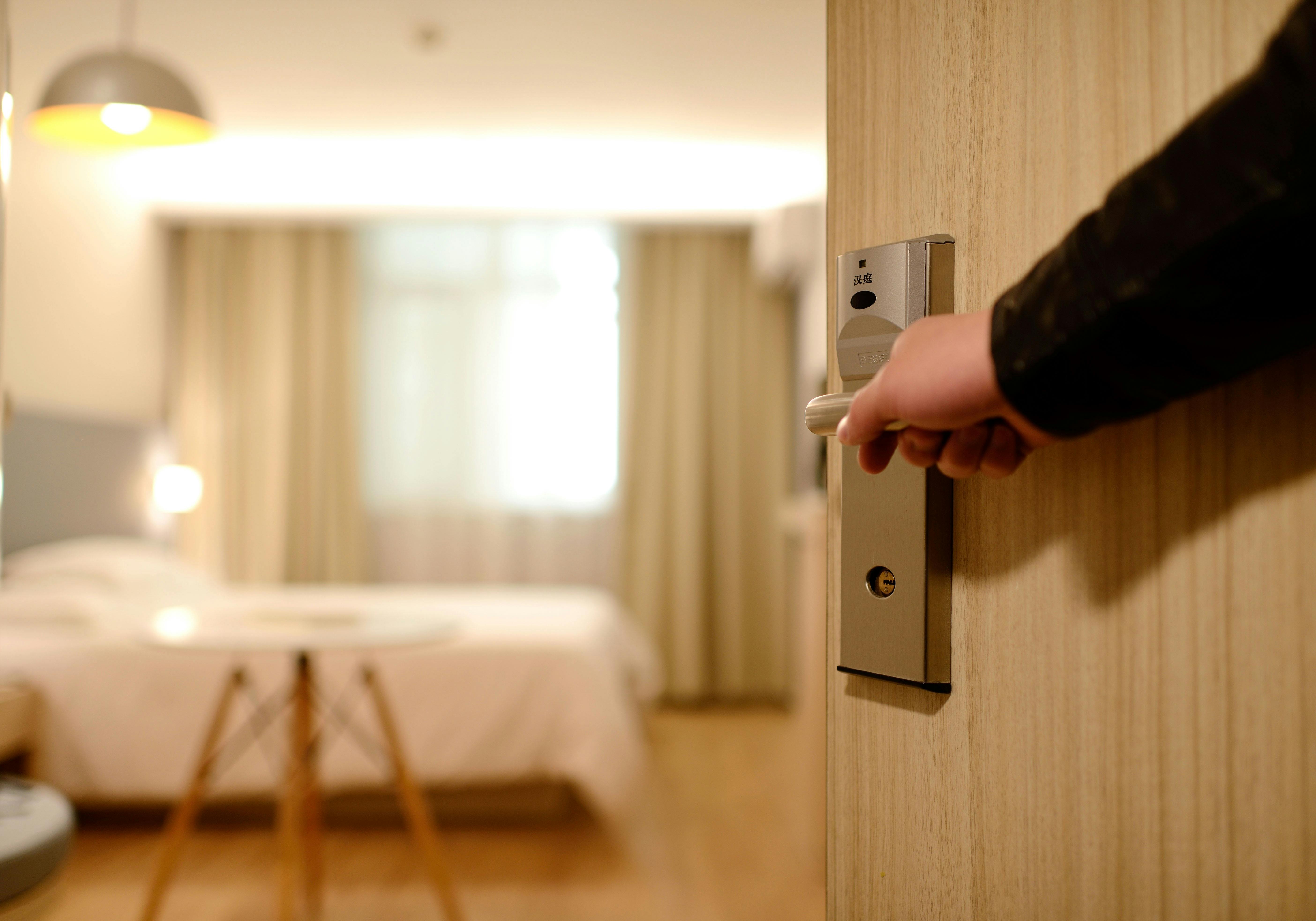
Leaving the door open at night can improve airflow, especially in older homes or rooms without proper vents. This can prevent the room from becoming too warm, stuffy, or humid. If you sleep hot or live in a climate without strong air conditioning, a cracked or fully open door allows air to circulate more freely. Opening a window at the same time can further improve air exchange. In these cases, a slightly open door positioned at a forty-five-degree angle can create a natural airflow channel through the room.
Allergy and Air Quality Management

If you don’t want to close your door at night, an open bedroom door allows better circulation of fresh air, which may help reduce allergens and odors. If your room is sealed tight all night, carbon dioxide levels can rise, especially if the room is small or crowded. An open door helps prevent this buildup and allows pollutants to exit. However, if the rest of the house is dusty or contains allergens like pet dander, leaving the door open could make things worse. In that case, using an air purifier and keeping the door closed might be a better choice.
Emotional Comfort and Psychological Well-Being
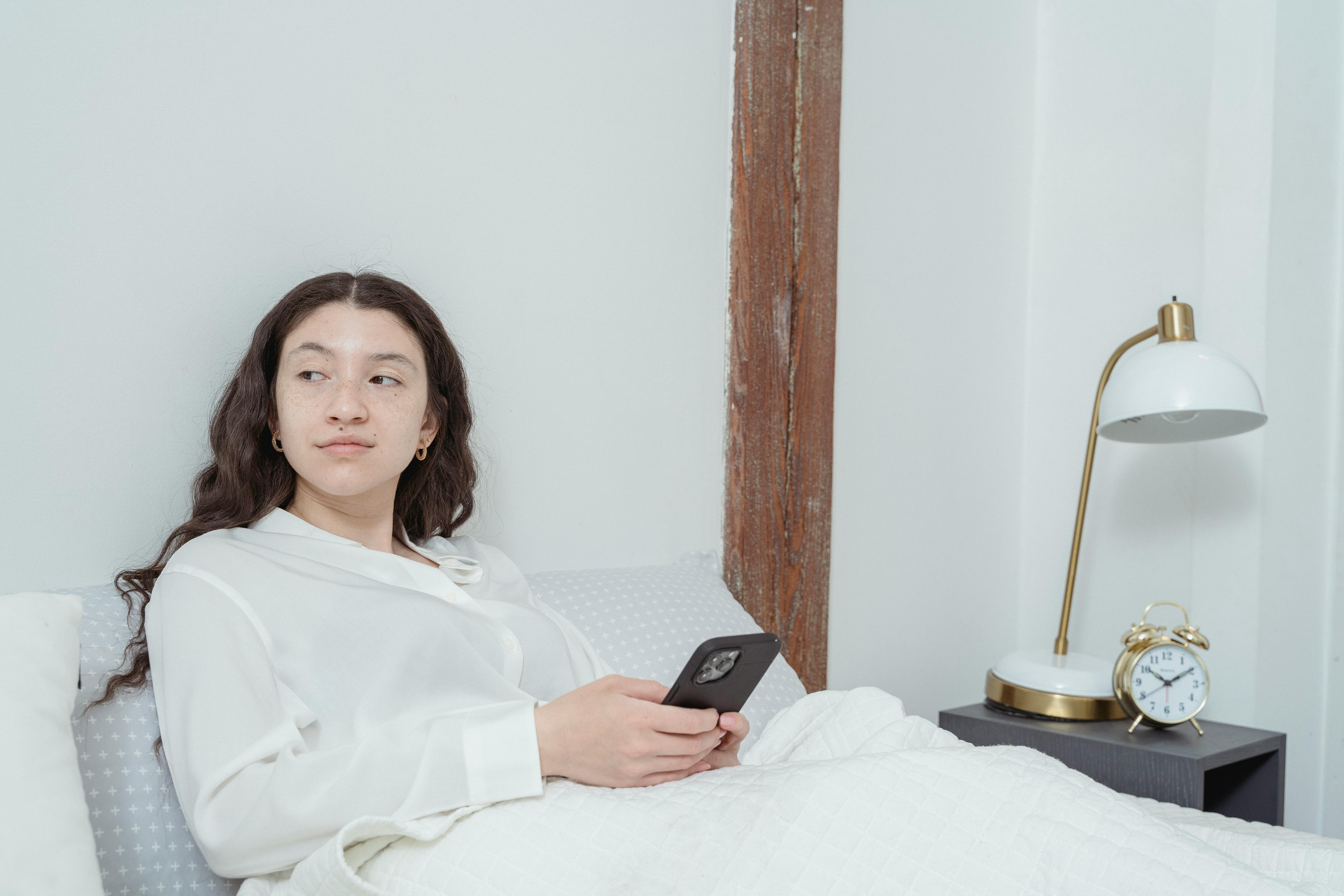
Some people feel claustrophobic or anxious with the door closed. Leaving the door open can provide a sense of openness and awareness, especially for those who prefer to hear what’s happening in other parts of the house. This is especially common among parents of young children, people living alone, or individuals with a history of anxiety or sleep disturbances. If a closed door triggers restlessness or discomfort, sleeping with the door open or slightly ajar may support better mental well-being.
Read More: 6 Sleep-Related Warning Signs that Could Indicate an Elevated Stroke Risk
Considerations for Pets and Household Dynamics
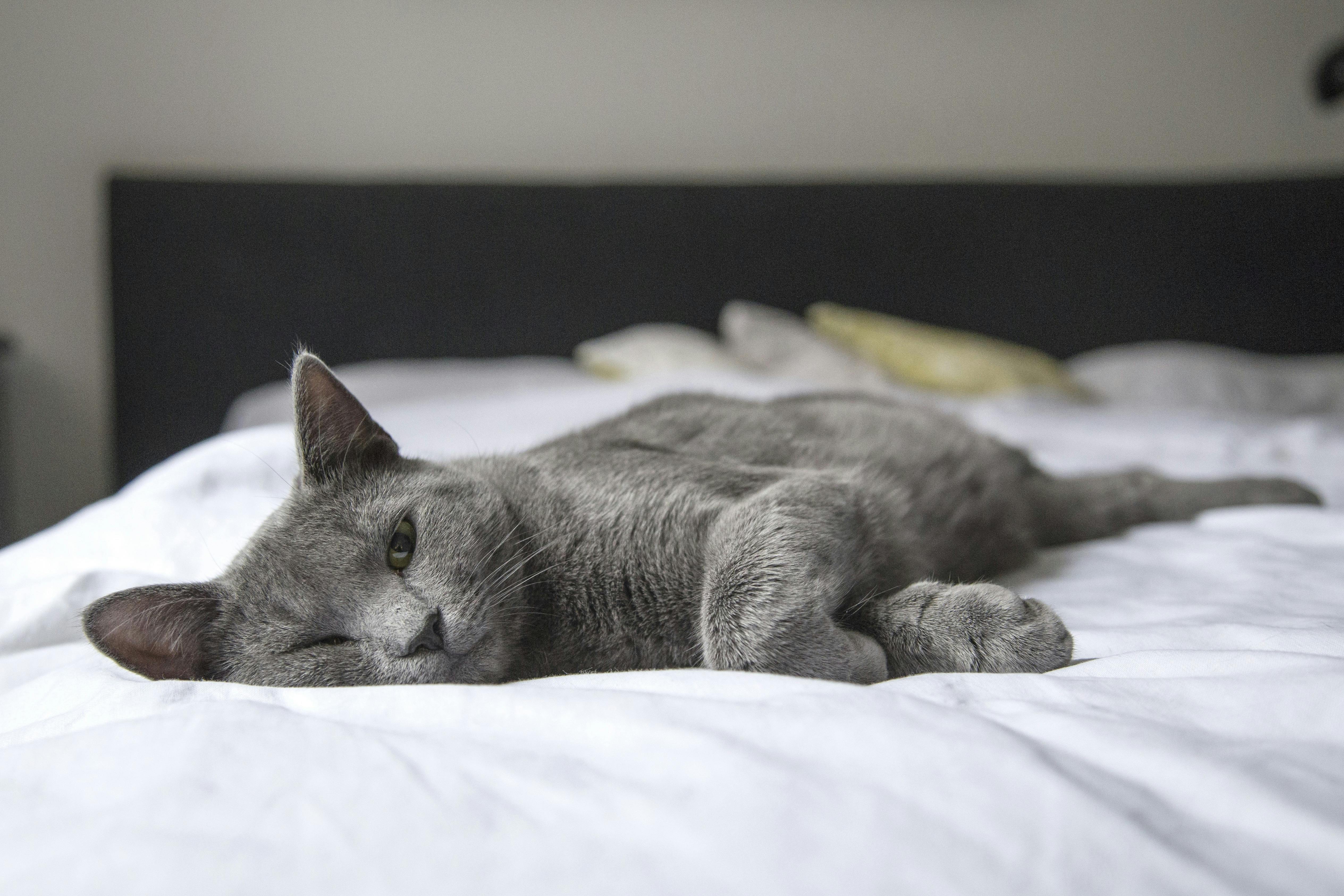
If you have pets, keeping your bedroom door open at night might be necessary. Cats and dogs often want access to their food, water, or litter box. They may also feel comforted being able to come and go as they please. Locking them out can lead to scratching, whining, or other sleep-disrupting behaviors. In households where pets are considered part of the family’s nightly routine, an open door makes for a more peaceful night for everyone.
Potential Drawbacks of Leaving the Door Open

While an open door has its benefits, it can also introduce problems. More noise, fluctuating temperatures, and less privacy are common downsides. Hallway lights, early risers, or televisions in other rooms can cause disturbances. Temperature control also becomes harder since conditioned air can escape. An open door also reduces the physical protection in case of fire or other emergencies. For those concerned with safety, these risks often outweigh the benefits of airflow or convenience.
Tips Based on Your Needs and Environment
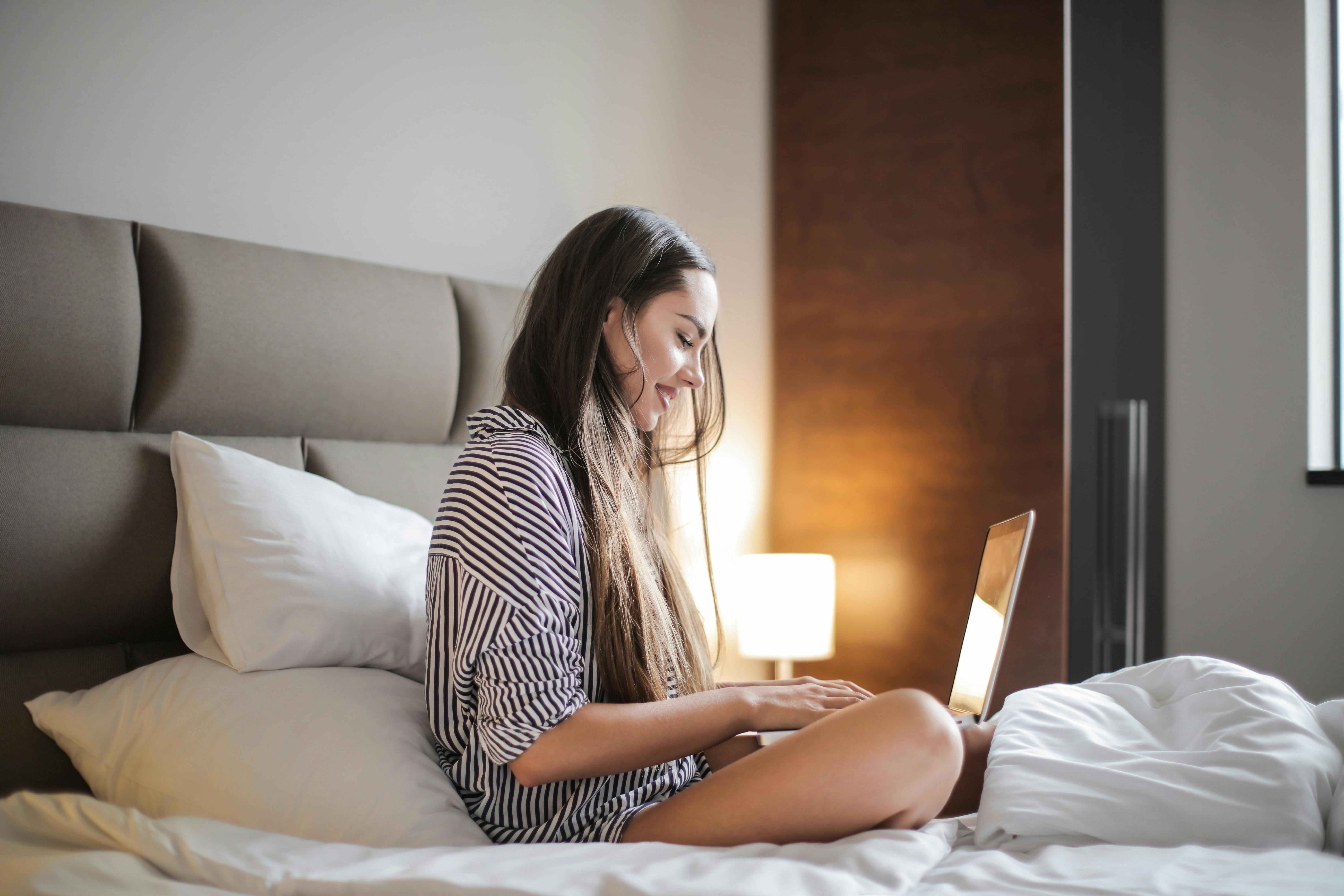
If fire safety is your top concern, sleep with the door closed and make sure you have working smoke detectors in every room. Practice an escape plan and keep hallways clear in case you need to exit quickly. In warmer climates or poorly ventilated homes, consider cracking the door open to create airflow while still limiting exposure to sound or light. If you have pets, weigh their needs against your own. A door left slightly open with a doorstop can allow access while still blocking out some noise. Adjust your routine based on the season, your household situation, and your personal sleep needs.
Read More: Can Magnesium Oil on Feet Boost Sleep Quality and Ease Pain?
Final Thoughts
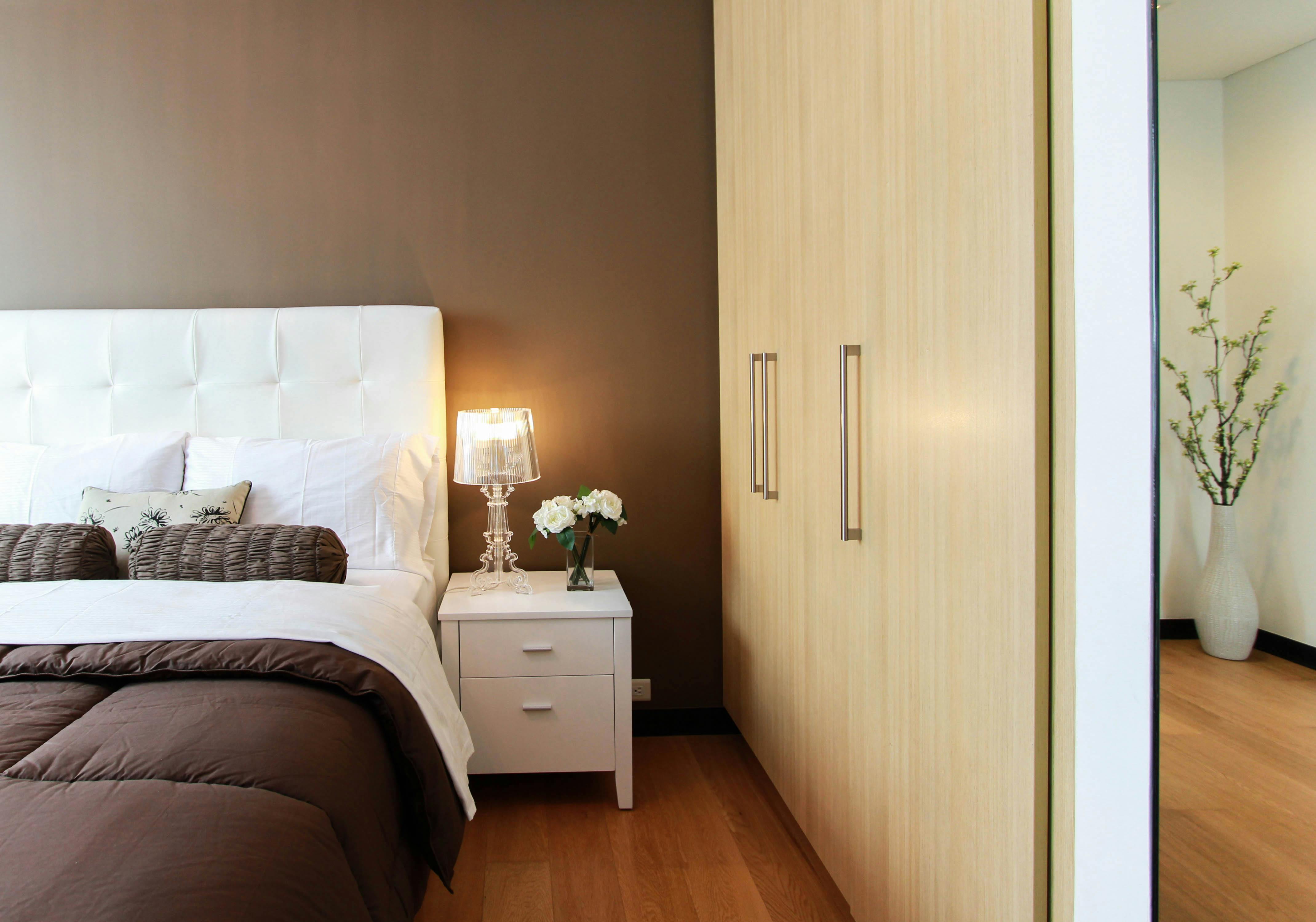
There is no single answer to whether your bedroom door should be open or closed while you sleep. A closed door offers protection against fire, helps control temperature, and creates a quieter and more private environment. On the other hand, an open door can improve airflow, support emotional comfort, and help accommodate pets. The right choice depends on your priorities and your specific living conditions. By understanding the pros and cons of each option, you can create a sleep setup that supports safety, comfort, and restfulness. Adjust your habits to what works best for your household, and revisit your decision as seasons or circumstances change.
Disclaimer: This article was created with AI assistance and edited by a human for accuracy and clarity.

